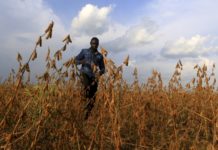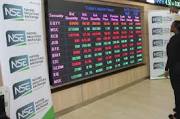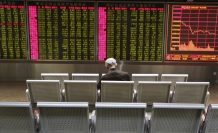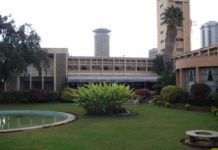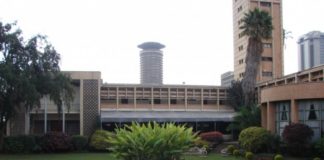The United Nations Security Council on Wednesday voted unanimously for toughest sanctions against North Korea after its recent nuclear and missile tests on 6th January 2016.
The sanctions seeks to block all imports of materials into N. Korea to be used in building of the nuclear weapons. The resolution was drafted by United States and China during the UNSC meeting on 6th January, same day DPRK launched their 4th missile test. The Security Council members held emergency consultations in response to the DPRK’s fourth nuclear test. The meeting was convened at the request of Japan, the Republic of Korea (ROK) and the US.
The vote on the resolution, was put on hold after Russia sought more time to review it and suggest changes. China is the major trading partner of North Korea, thus all eyes are on China to see how they will implement today’s resolutions.
The resolutions proposes sanctions on all North Korean ships, requiring them to be inspected to and from the country. The sanctions further prohibits sale of small arms and other conventional weapons to North Korea.
The council also sanctioned N. Korea’s export stating that “Nearly all North Korean resources are channeled into its reckless nuclear program.” said Samantha Power, the U.S. Ambassador to U.N.
Ms. Power said, North Korea has been handed the toughest sanctions to convey the level of risk their actions continued to put on all humanity. She added that, “With each nuclear test and launch, North Korea improves its ability to conduct a nuclear attack on most of the countries on this council,” Power said. “It’s the only nuclear member state that routinely threatens nuclear attack on other countries, including members of this council.”
According to the Panel of Experts assisting the DPRK Sanctions Committee report submitted to the Committee on 18th January, there were widespread sanctions violations by the member countries. The experts thus recommended a number of measures aimed at strengthening implementation of the sanctions regime.
Alluding to this, Power said, “Despite past actions and prohibitions by the Security Council, North Korea continues to press ahead,” adding, “That is why these new measures are tougher than ever.”
The sanctions, Power said, “prohibits specialized training of North Korean nationals in fields such as nuclear and ballistic missile technical exchanges, and will require more rigorous inspections of cargos of ships and aircraft entering and leaving North Korea.”

